In the heart of southern Africa lies a celestial paradise that has captured the imagination of astronomers and stargazers alike. Namibia's NamibRand Nature Reserve, home to the world-renowned International Dark Sky Reserve, has recently been crowned as the globe's premier stargazing destination. This vast, arid landscape offers something increasingly rare in our modern world - an unobstructed view of the cosmos in all its splendor, completely free from light pollution.
The NamibRand's designation as a Gold Tier Dark Sky Reserve by the International Dark-Sky Association didn't come by accident. This recognition represents years of concerted effort by conservationists, astronomers, and the Namibian government to protect one of Earth's last truly dark places. Covering over 2,000 square kilometers of pristine desert, the reserve implements strict lighting controls that preserve the natural night environment. Visitors here experience the Milky Way with such clarity that it casts shadows on the ground - a phenomenon few living people have witnessed.
What makes this location particularly special is its unique combination of geographic advantages. Situated between the Namib Desert's towering dunes and the rugged Nubib Mountains, the area benefits from exceptionally dry air with minimal atmospheric disturbance. The high elevation (averaging about 1,000 meters above sea level) and distance from coastal humidity create observing conditions that rival professional astronomical facilities. Unlike many dark sky sites that suffer from seasonal limitations, NamibRand offers superb viewing conditions nearly year-round, with over 300 clear nights annually.
The stargazing experience here transcends typical tourist activities. During new moon periods, the reserve becomes a natural planetarium where the unaided eye can discern satellites, meteor showers, and even the zodiacal light - a faint glow caused by sunlight reflecting off interplanetary dust. The southern hemisphere location provides views of celestial wonders invisible from northern latitudes, including the Large and Small Magellanic Clouds, satellite galaxies of our Milky Way that appear as luminous smudges against the inky blackness.
Local lodges and astronomy-focused accommodations have developed innovative ways to enhance the celestial experience while maintaining dark sky integrity. Some offer "star beds" - open-air sleeping platforms that allow guests to fall asleep under the cosmos. Others provide high-powered telescopes with knowledgeable guides who point out deep-sky objects and explain the cultural significance of the stars to indigenous San people. The combination of luxury amenities and astronomical access creates an ecotourism model that benefits both visitors and conservation efforts.
Scientific organizations have taken notice of the reserve's exceptional qualities. Several international universities maintain research stations within the protected area, studying everything from variable stars to atmospheric phenomena. The European Southern Observatory has recognized NamibRand as an ideal backup site for their telescopes when Chilean observatories experience poor weather. This scientific endorsement further cements the location's status as a world-class astronomical resource.
Preserving this dark sky sanctuary hasn't been without challenges. As neighboring areas develop, light pollution encroachment remains a constant threat. Reserve managers work closely with surrounding communities to implement responsible lighting policies that balance human needs with astronomical preservation. Educational programs teach local children about the cultural and scientific value of dark skies, fostering a new generation of conservation advocates. These efforts demonstrate that dark sky preservation requires more than just turning off lights - it demands a fundamental shift in how societies value the night environment.
For travelers seeking this stellar experience, the journey itself becomes part of the adventure. Most visitors arrive via Windhoek, Namibia's capital, before embarking on a scenic drive through dramatic landscapes that transition from grassland to desert. The remoteness that makes NamibRand so dark also ensures an uncrowded, intimate experience with nature. Unlike crowded northern hemisphere observatories where visitors might share telescopes with dozens of others, guests here often have entire celestial panoramas to themselves.
The economic impact of dark sky tourism has provided unexpected benefits to regional conservation. Revenue from astronomy-focused tourism helps fund anti-poaching patrols, endangered species protection, and habitat restoration. This innovative approach demonstrates how celestial tourism can support terrestrial conservation - a model now being emulated by other dark sky destinations worldwide. The success proves that protecting the night sky isn't just about astronomy; it's about creating sustainable economic alternatives that preserve entire ecosystems.
As light pollution continues to erase the stars for most of the world's population, places like NamibRand take on profound importance. They serve as living reminders of humanity's cosmic connections and the awe our ancestors felt when looking heavenward. The reserve's recognition as the world's best stargazing spot isn't just a tourism accolade - it's a beacon of hope showing that with careful management, we can preserve the natural wonder of the night sky for future generations.
Looking ahead, NamibRand faces both opportunities and challenges. Plans are underway to expand educational facilities and develop more sophisticated astronomical infrastructure while maintaining the delicate balance between access and preservation. The reserve's managers are collaborating with UNESCO to potentially designate the area as a World Heritage Site, which would provide additional protections. As climate change alters desert ecosystems worldwide, monitoring its impact on atmospheric conditions will be crucial for maintaining the pristine viewing conditions.
For now, the NamibRand Dark Sky Reserve stands as a testament to what's possible when visionaries dare to protect something as seemingly intangible as darkness. In doing so, they've given the world back something priceless - the ability to look up and see the universe as it truly is, in all its staggering immensity and beauty. This remote corner of Namibia has become more than just a travel destination; it's a pilgrimage site for anyone who has ever marveled at the night sky and wondered about our place in the cosmos.
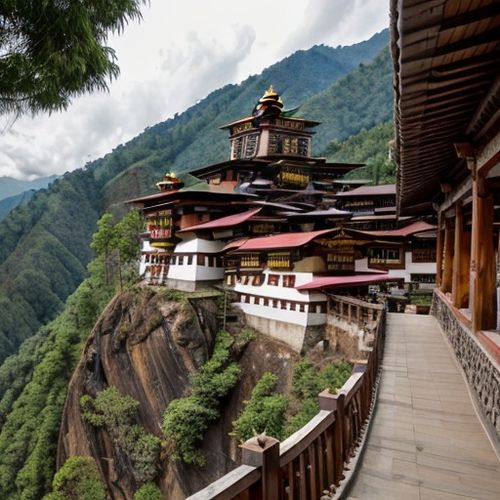
By Sophia Lewis/Apr 11, 2025

By Joshua Howard/Apr 11, 2025
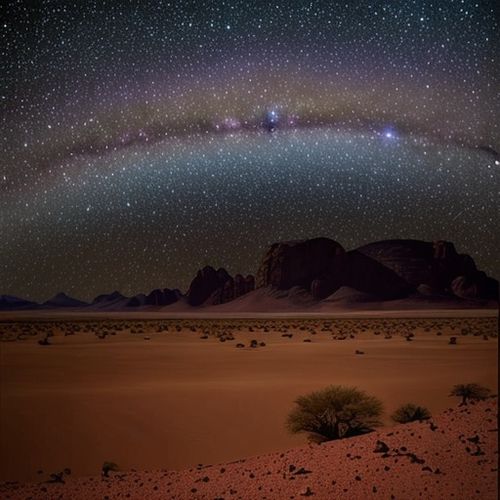
By Grace Cox/Apr 11, 2025
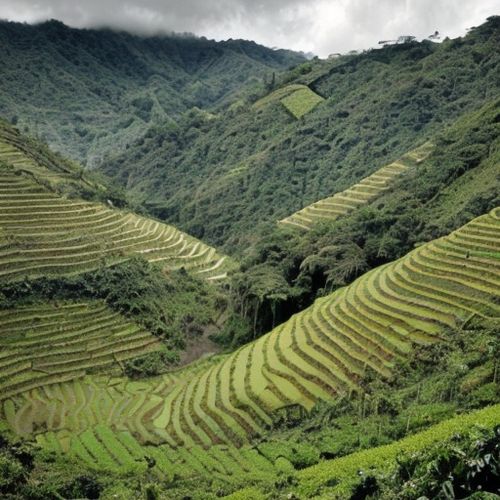
By George Bailey/Apr 11, 2025
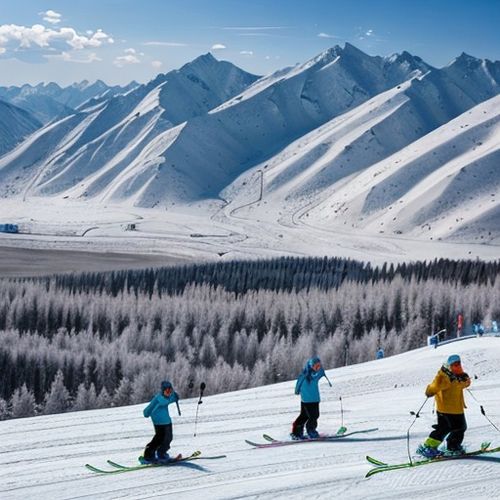
By Samuel Cooper/Apr 11, 2025
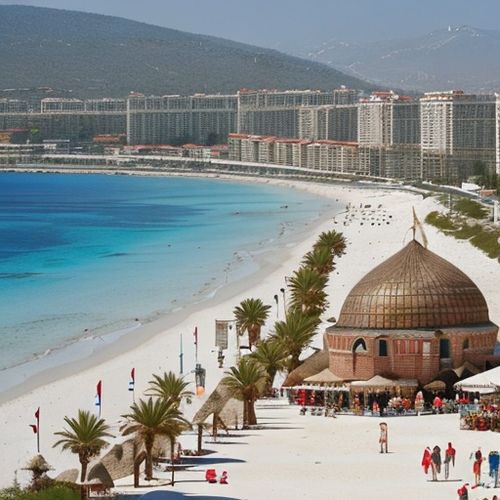
By Sophia Lewis/Apr 11, 2025
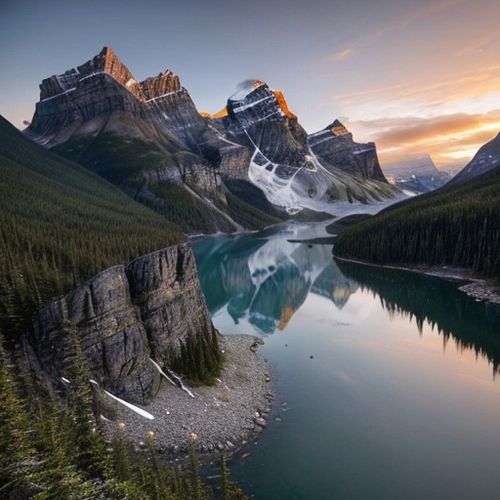
By Megan Clark/Apr 11, 2025
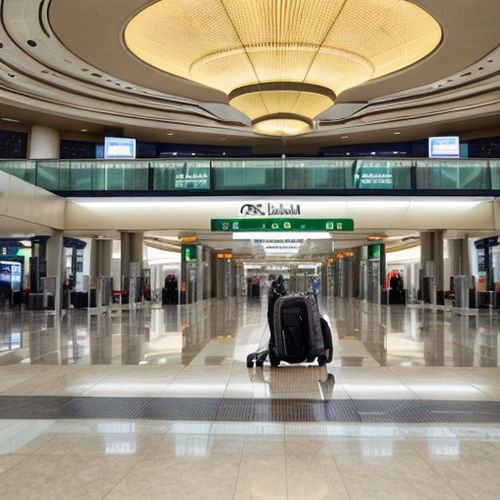
By Lily Simpson/Apr 11, 2025

By Samuel Cooper/Apr 11, 2025
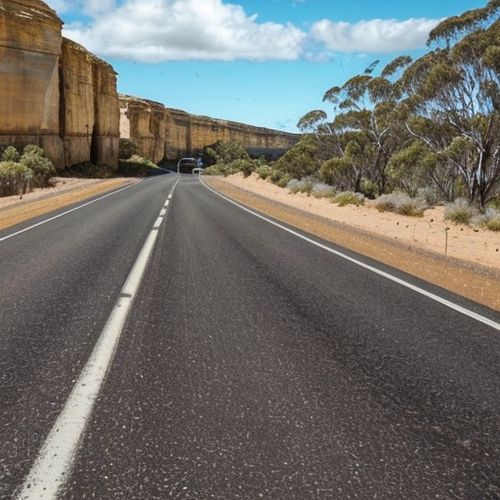
By Noah Bell/Apr 11, 2025

By Ryan Martin/Apr 11, 2025

By John Smith/Apr 11, 2025

By James Moore/Apr 11, 2025

By Lily Simpson/Apr 11, 2025

By Thomas Roberts/Apr 11, 2025

By Jessica Lee/Apr 11, 2025
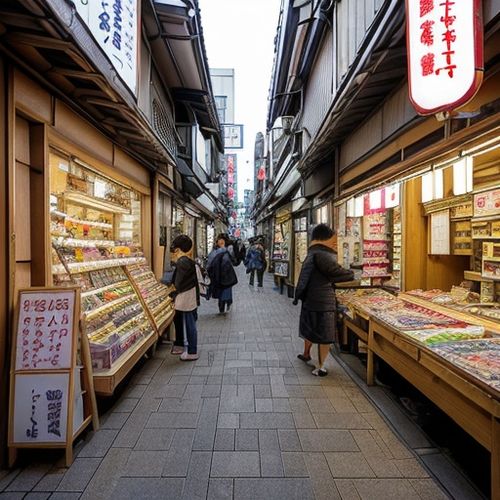
By William Miller/Apr 11, 2025

By Elizabeth Taylor/Apr 11, 2025

By Christopher Harris/Apr 11, 2025

By Eric Ward/Apr 11, 2025